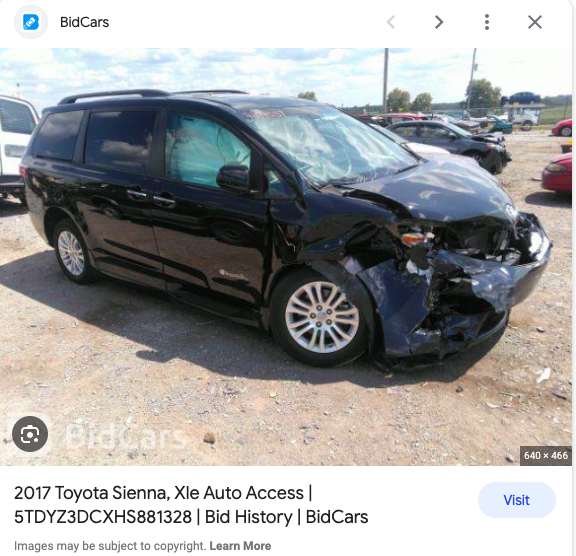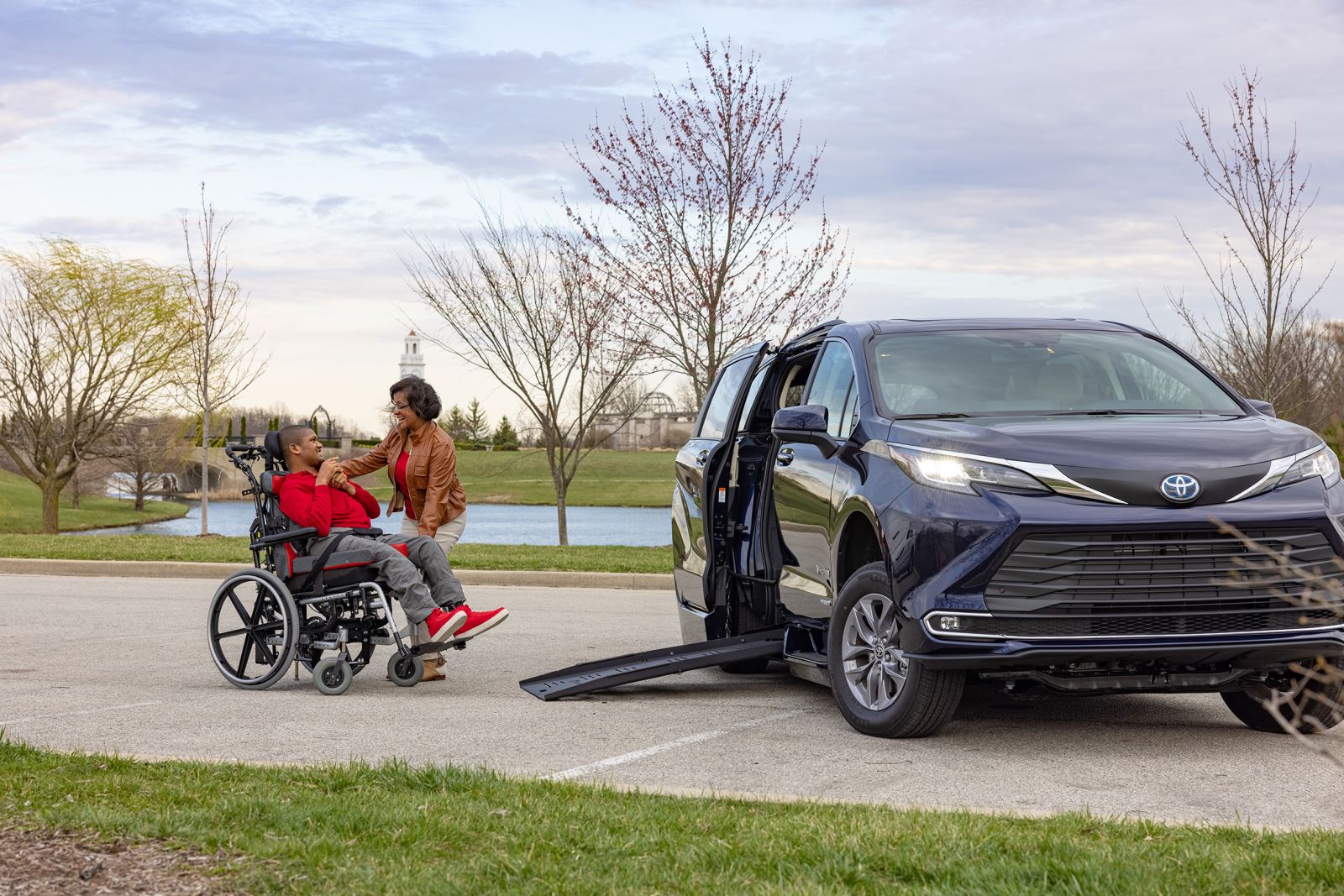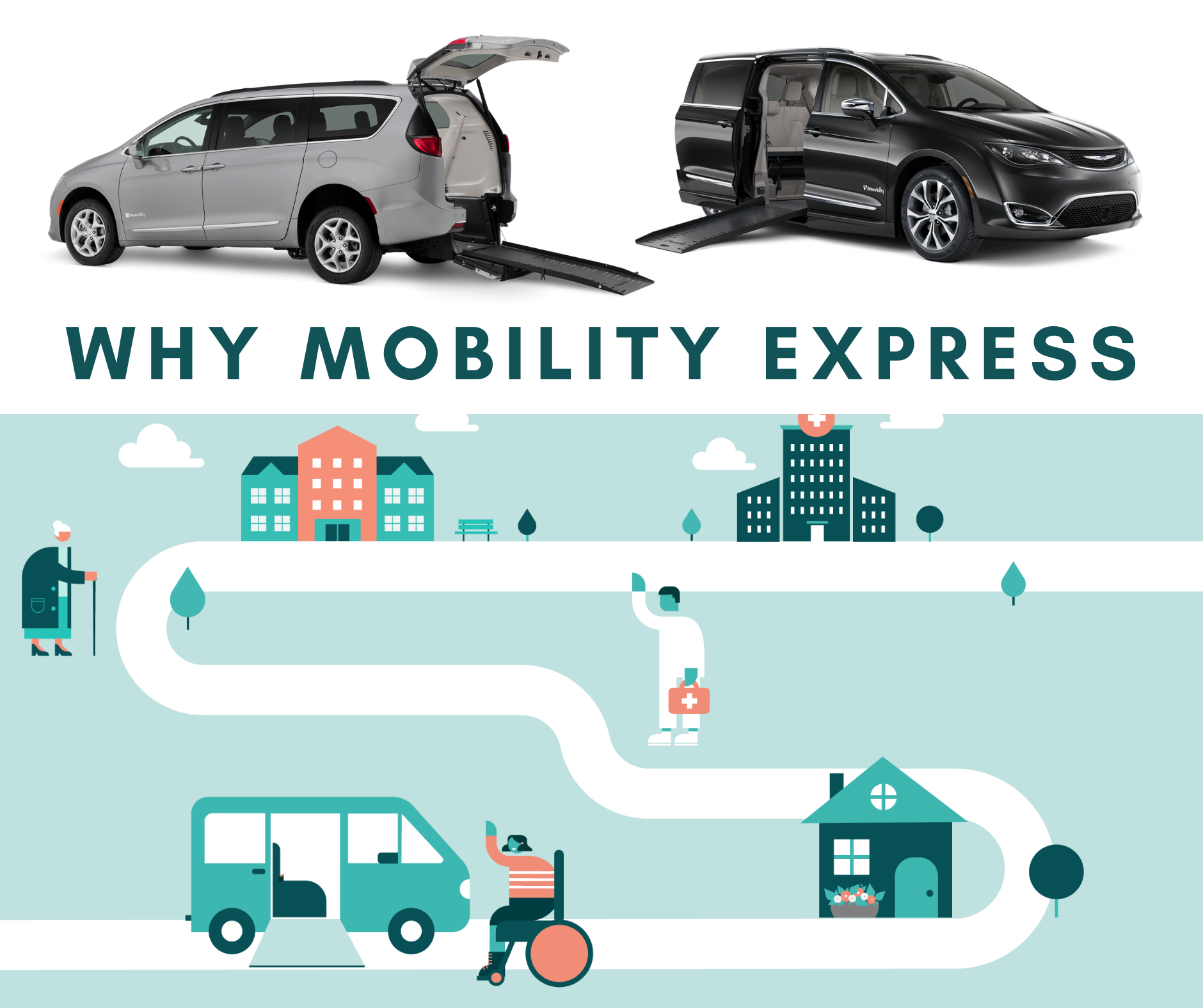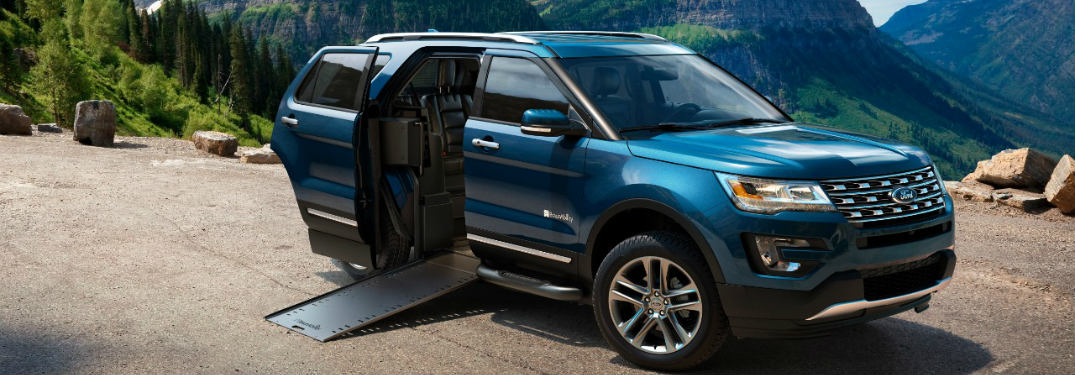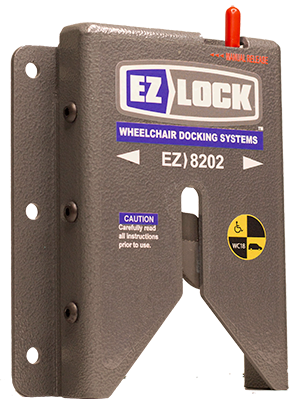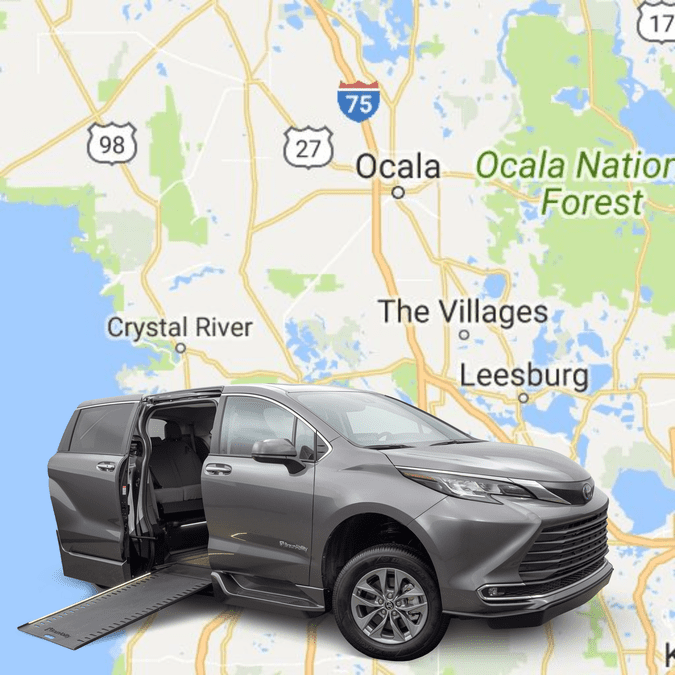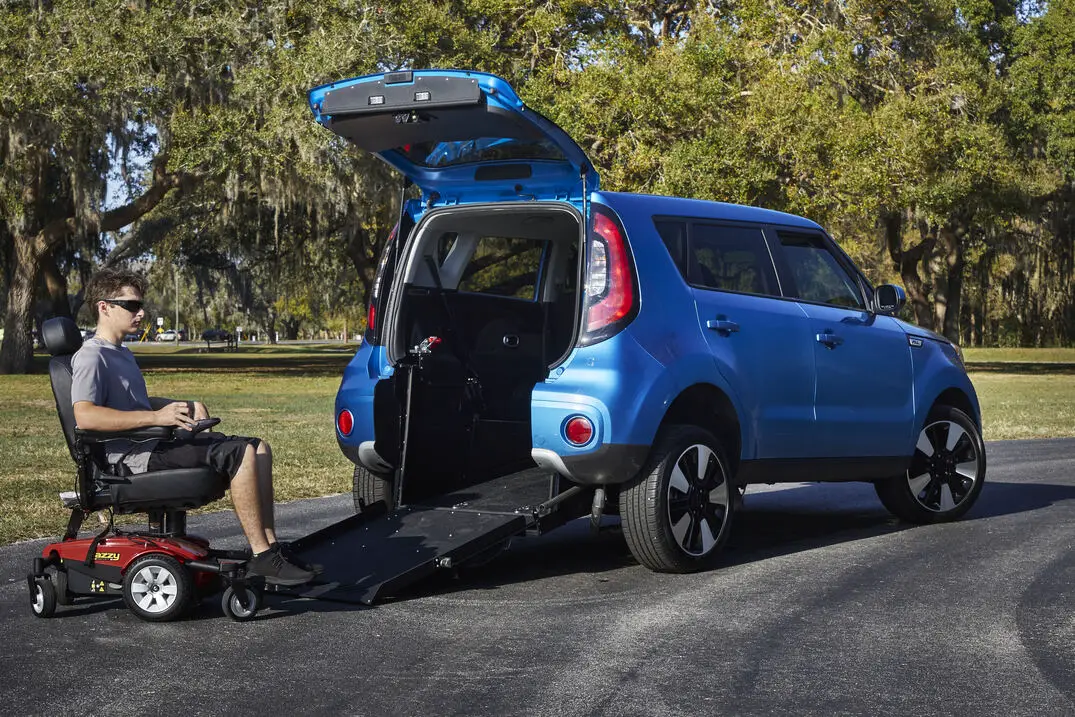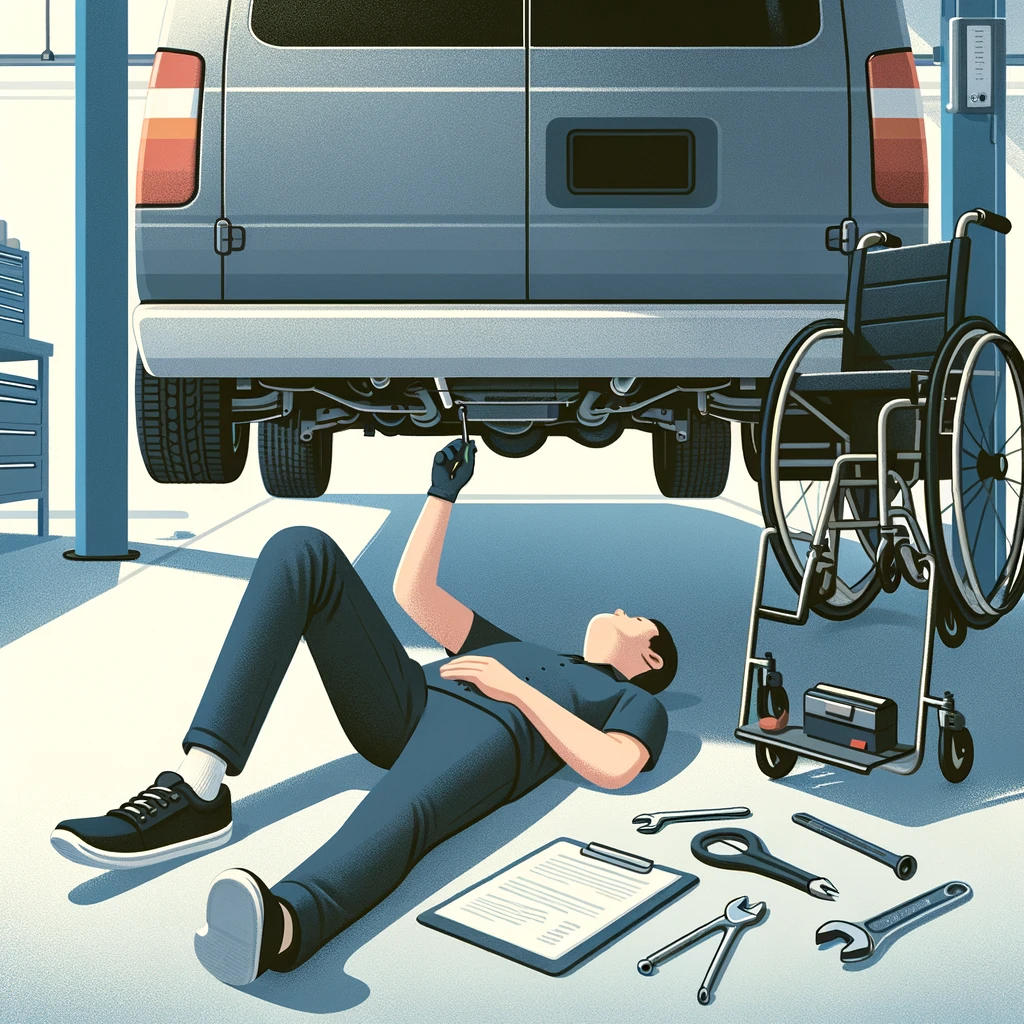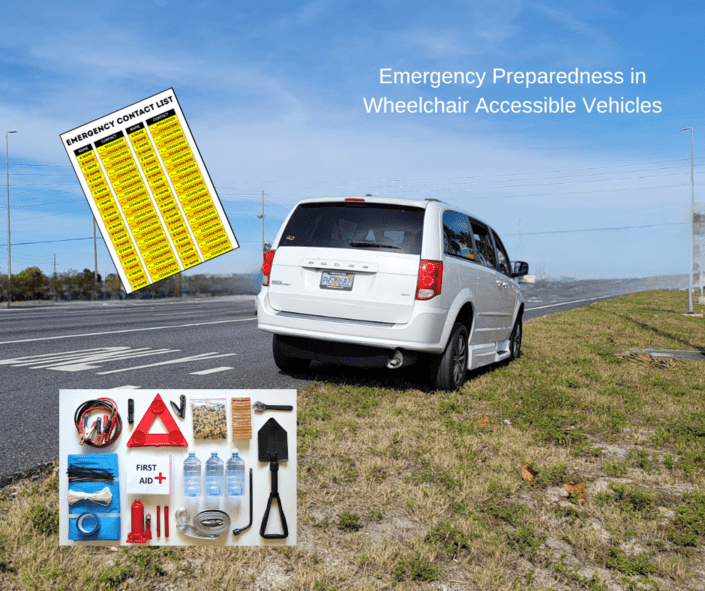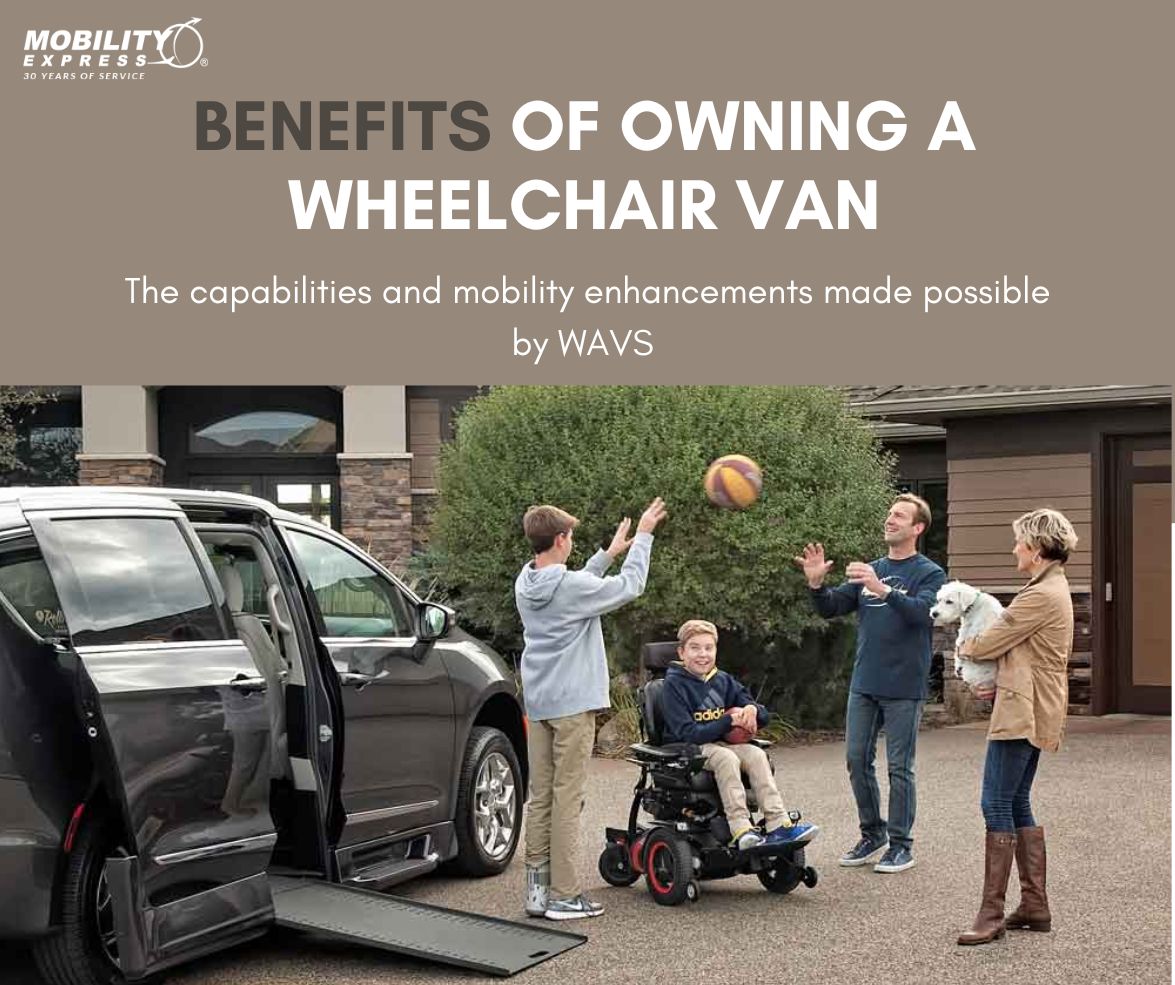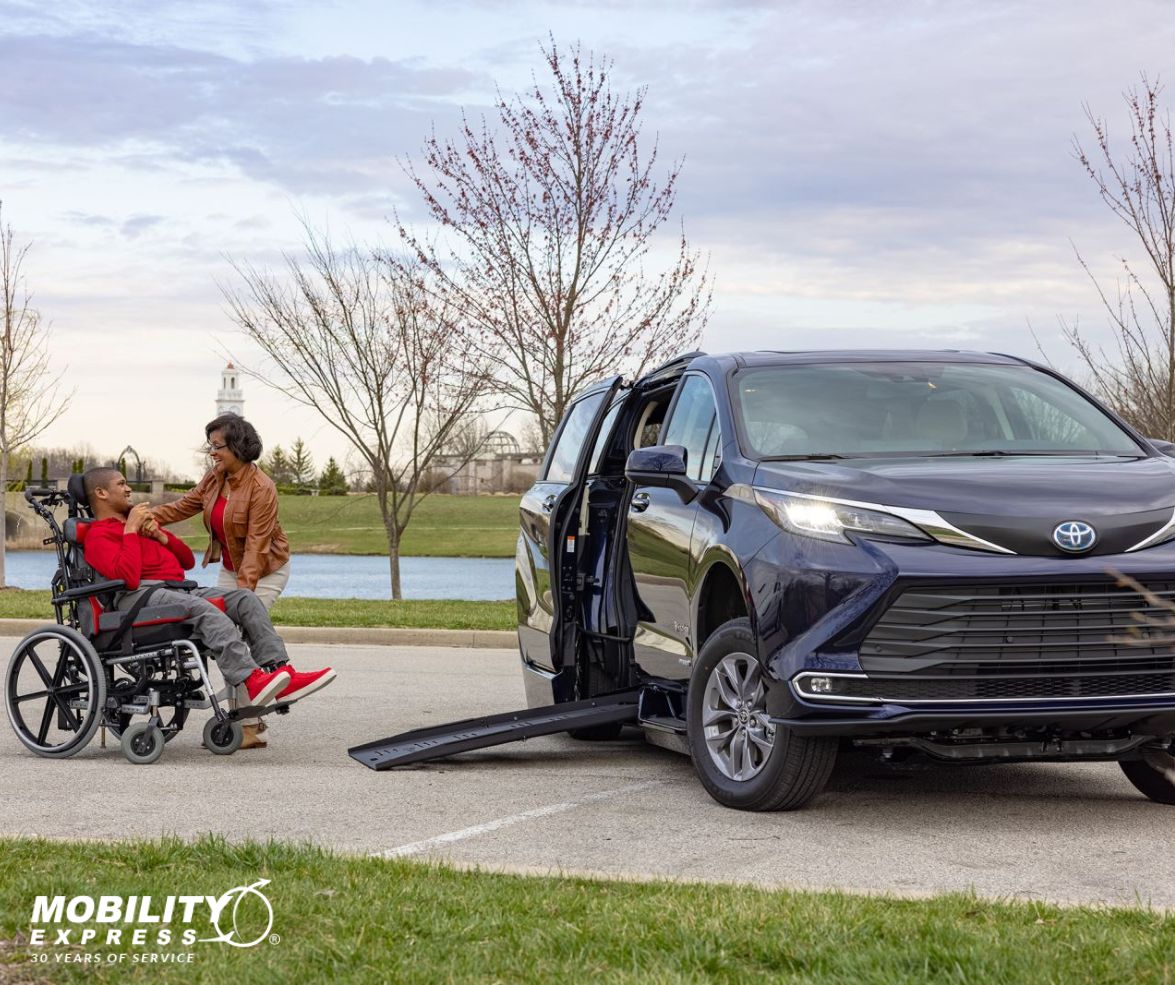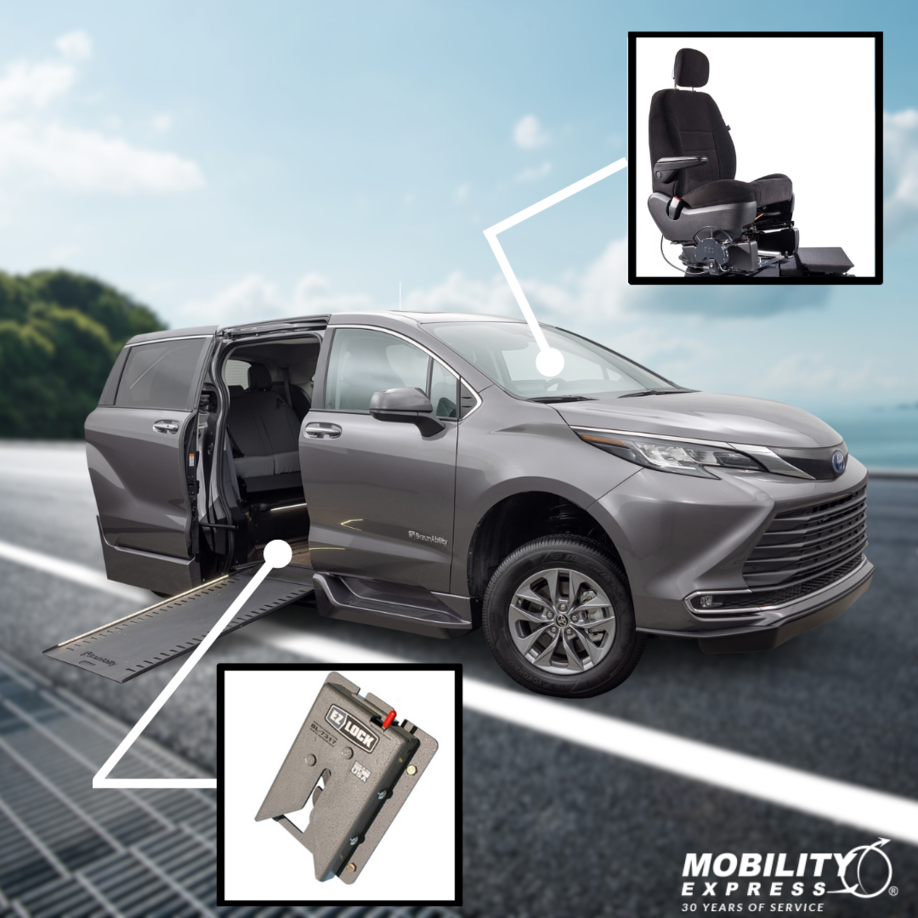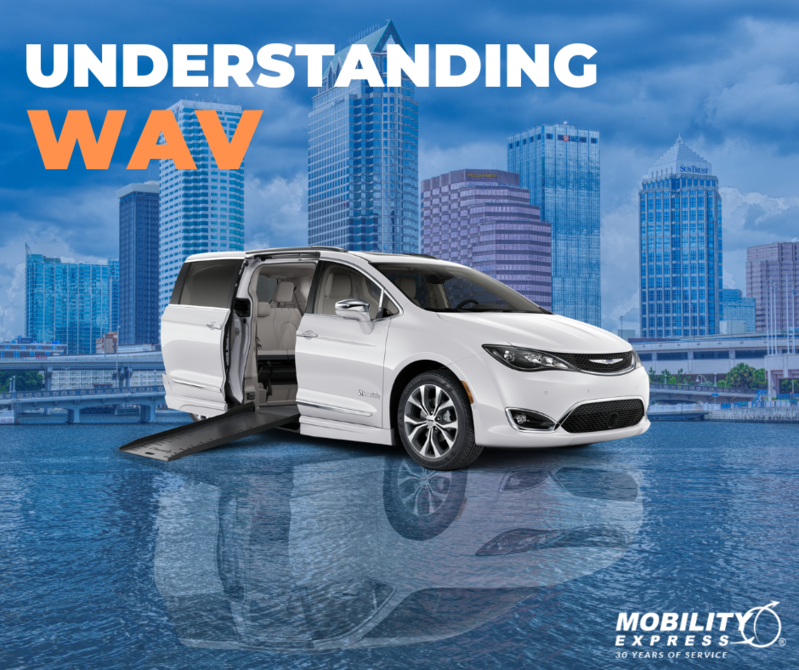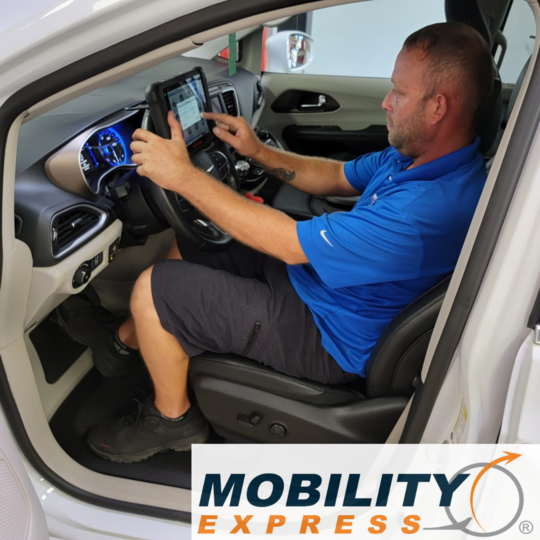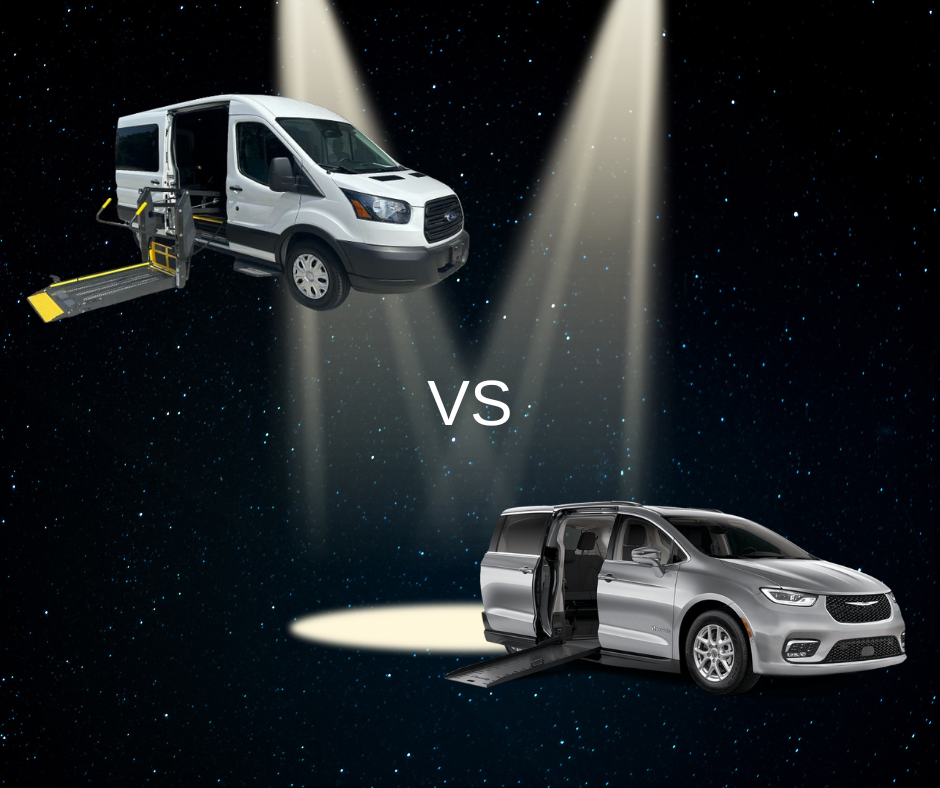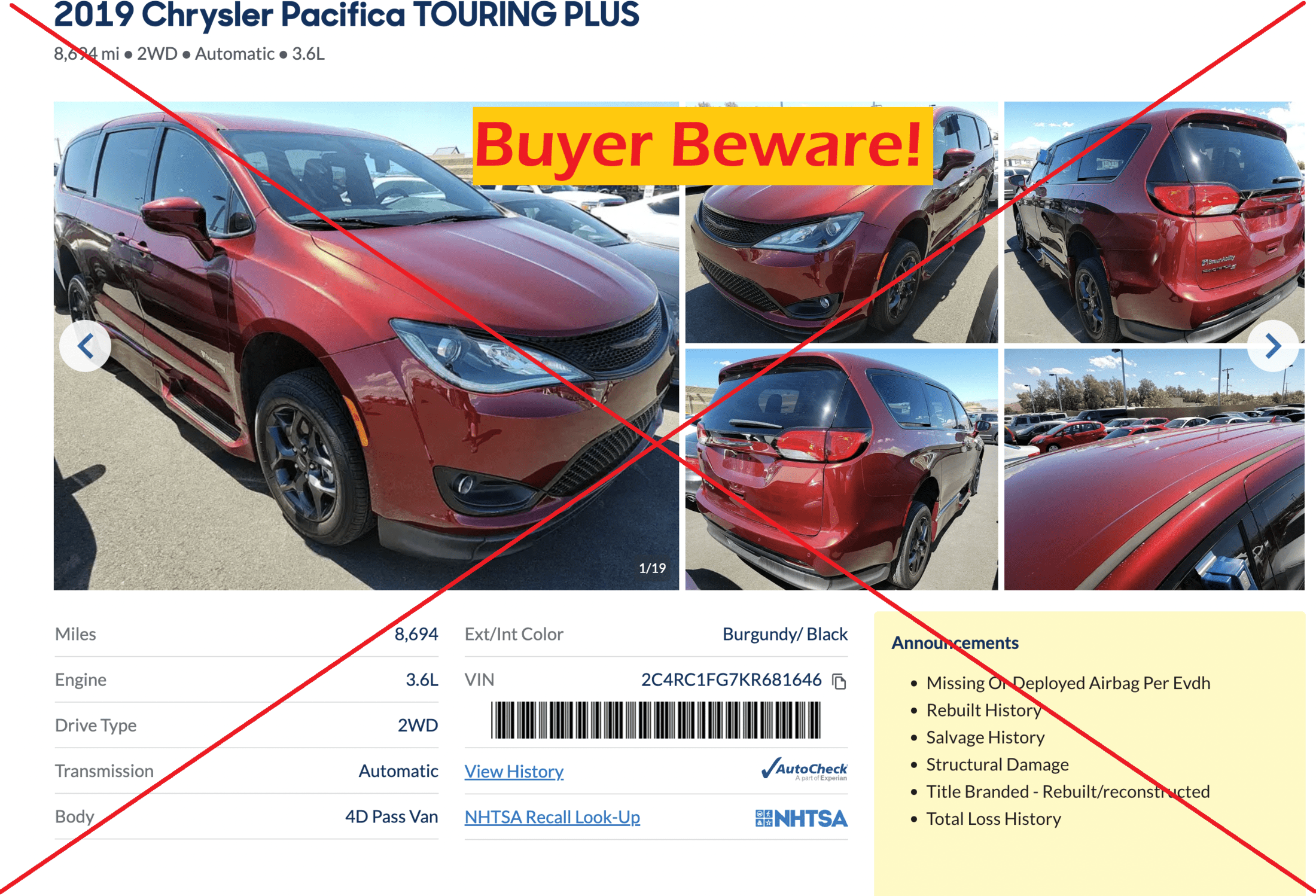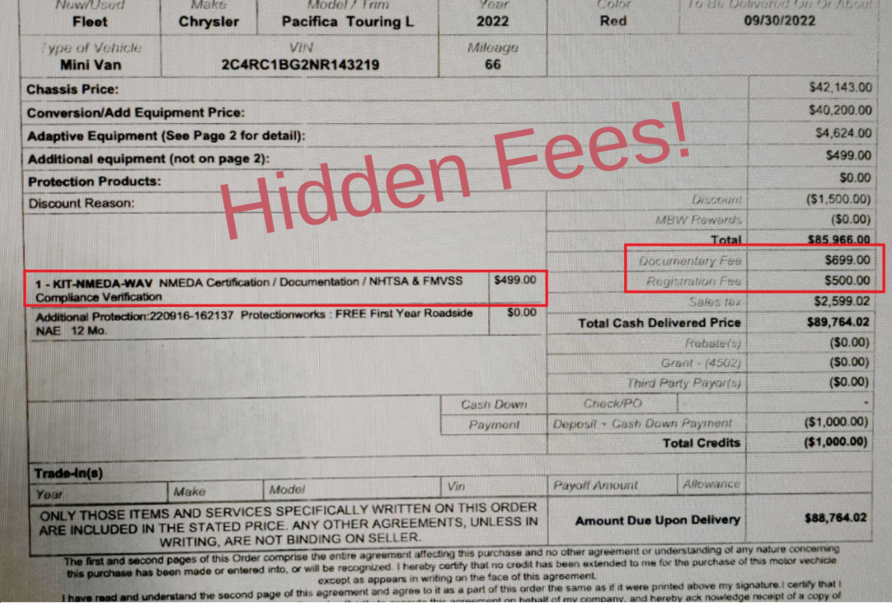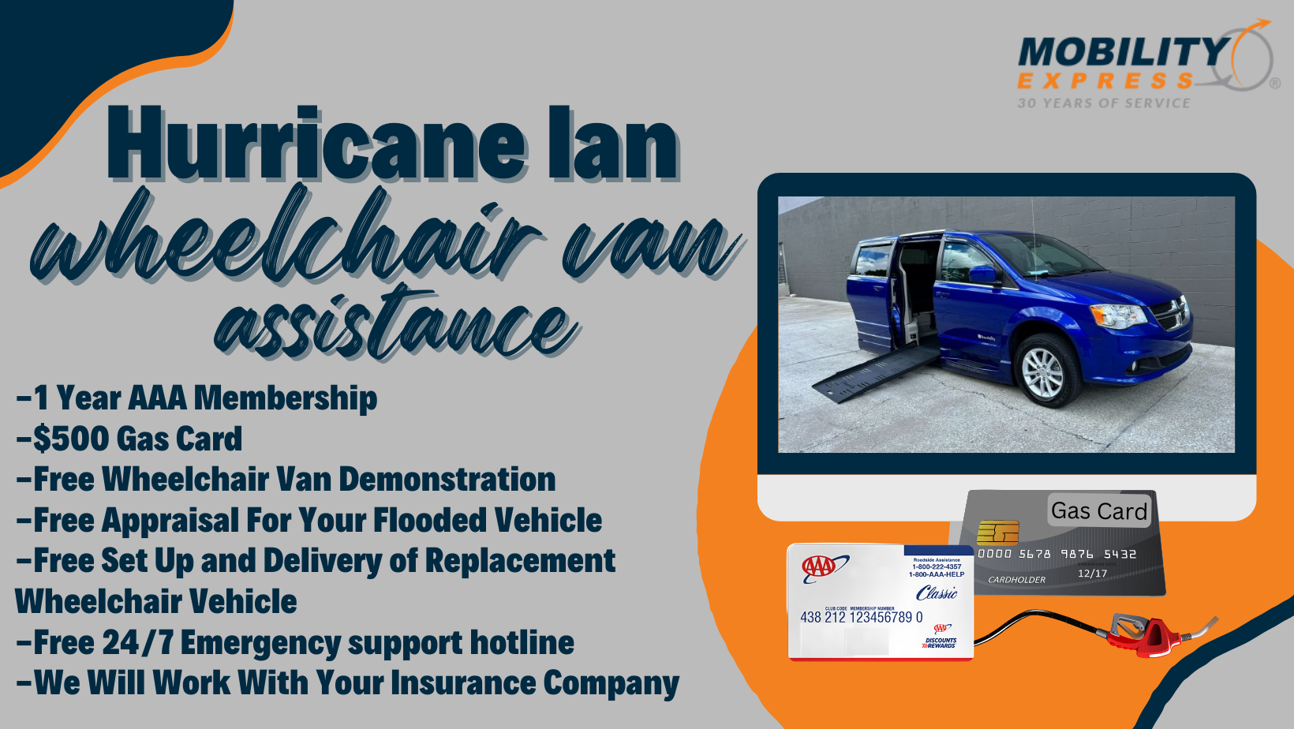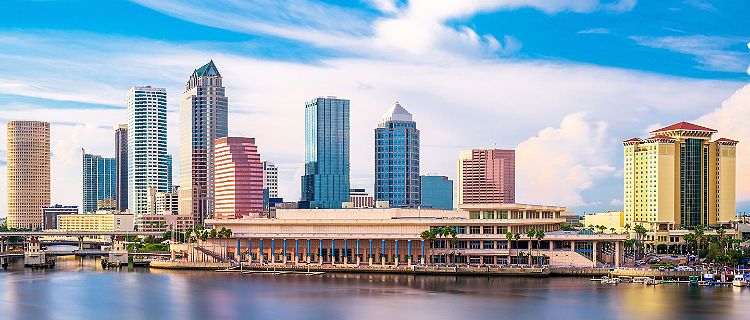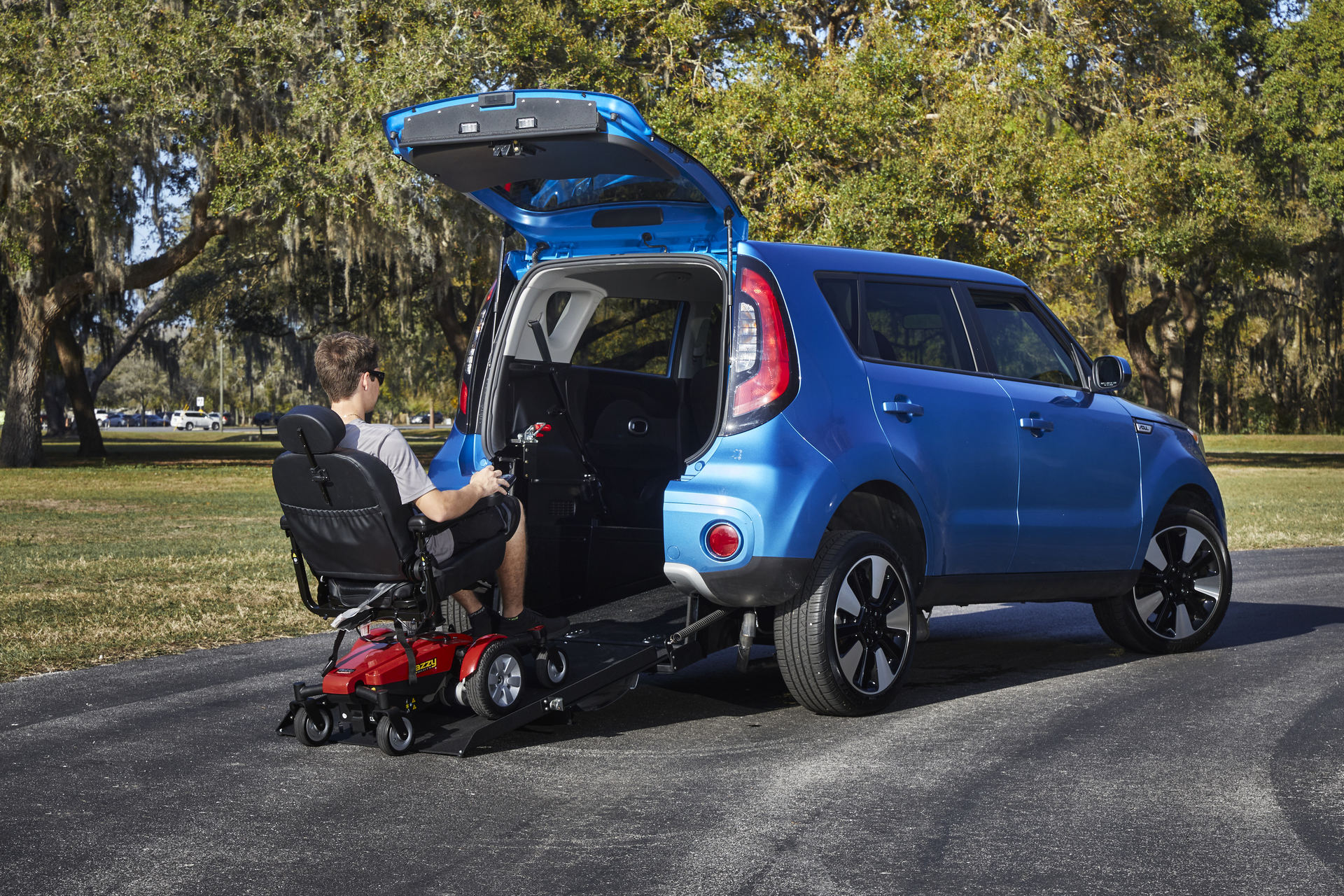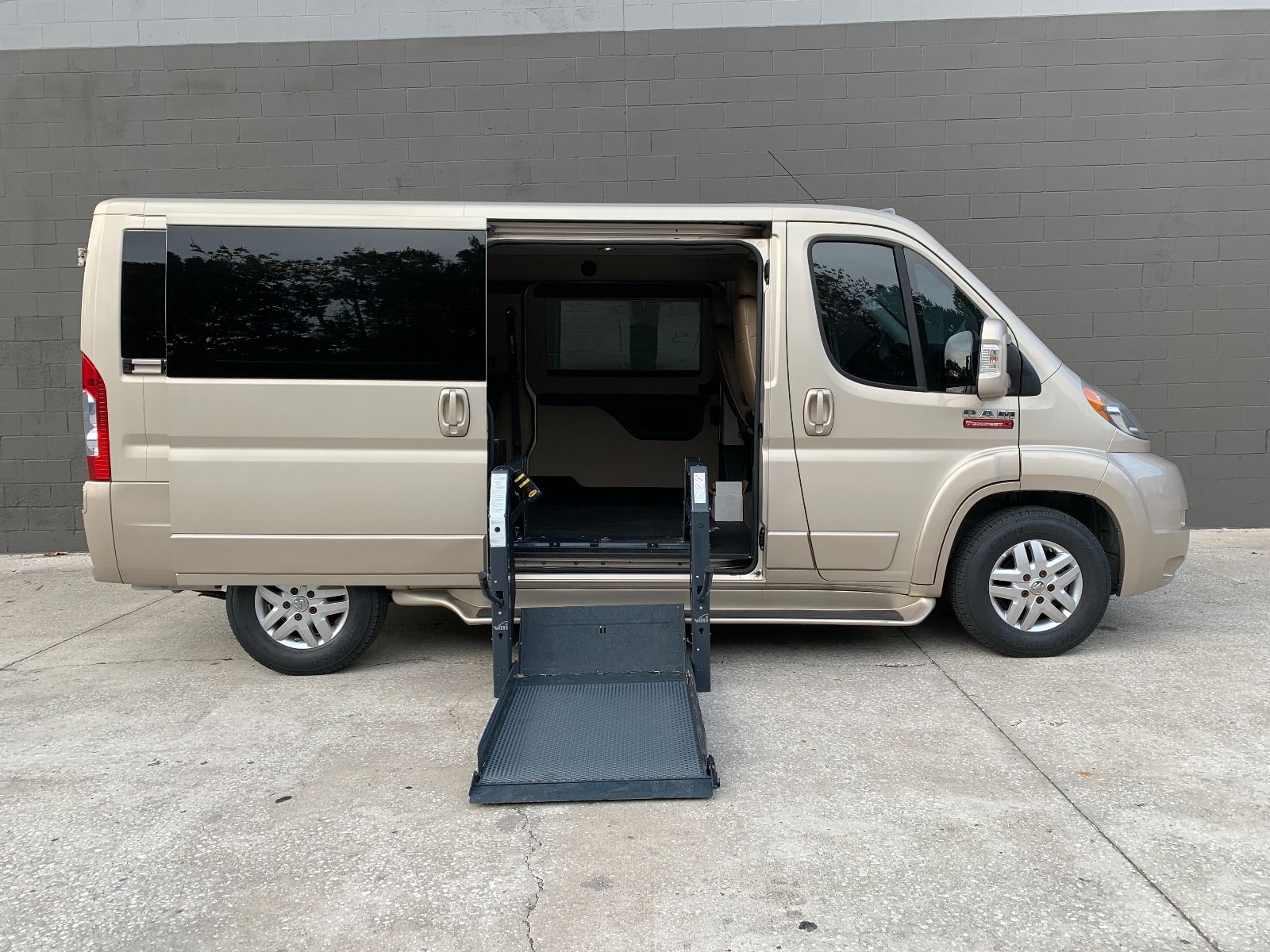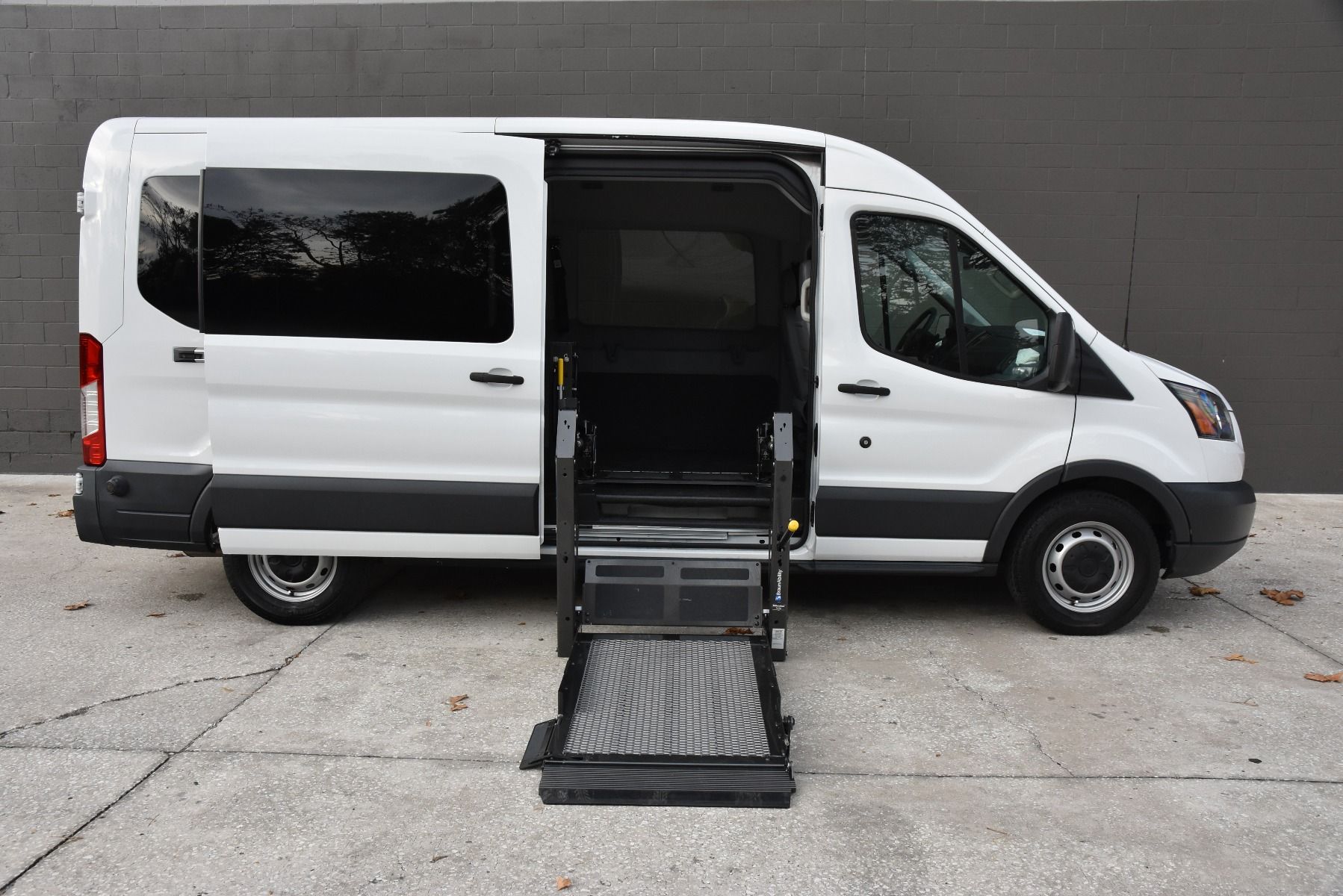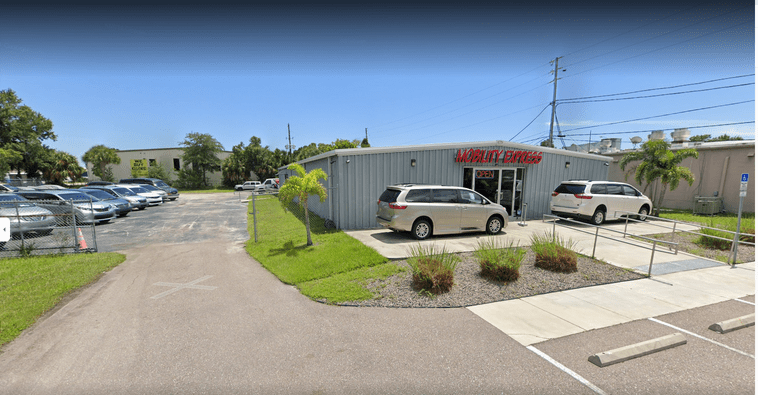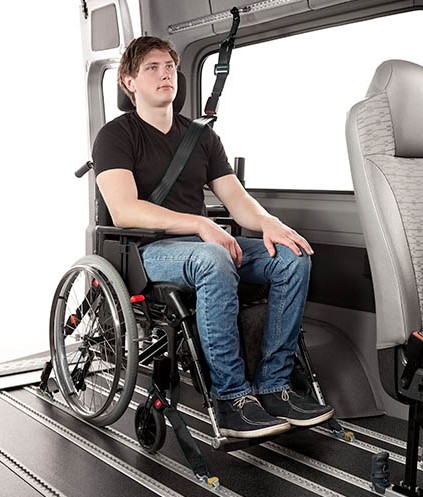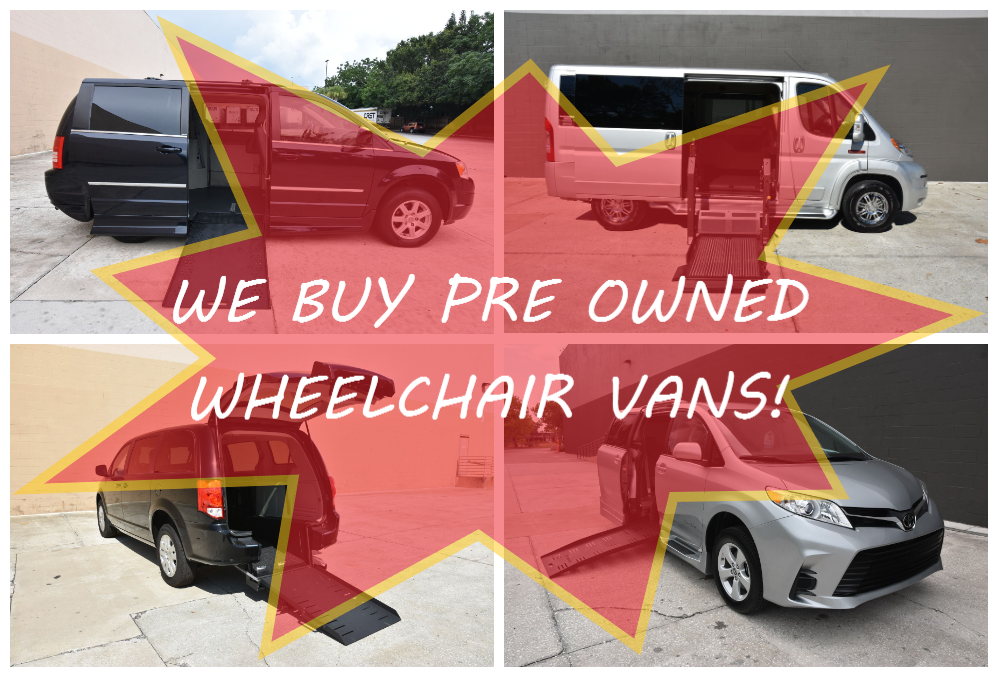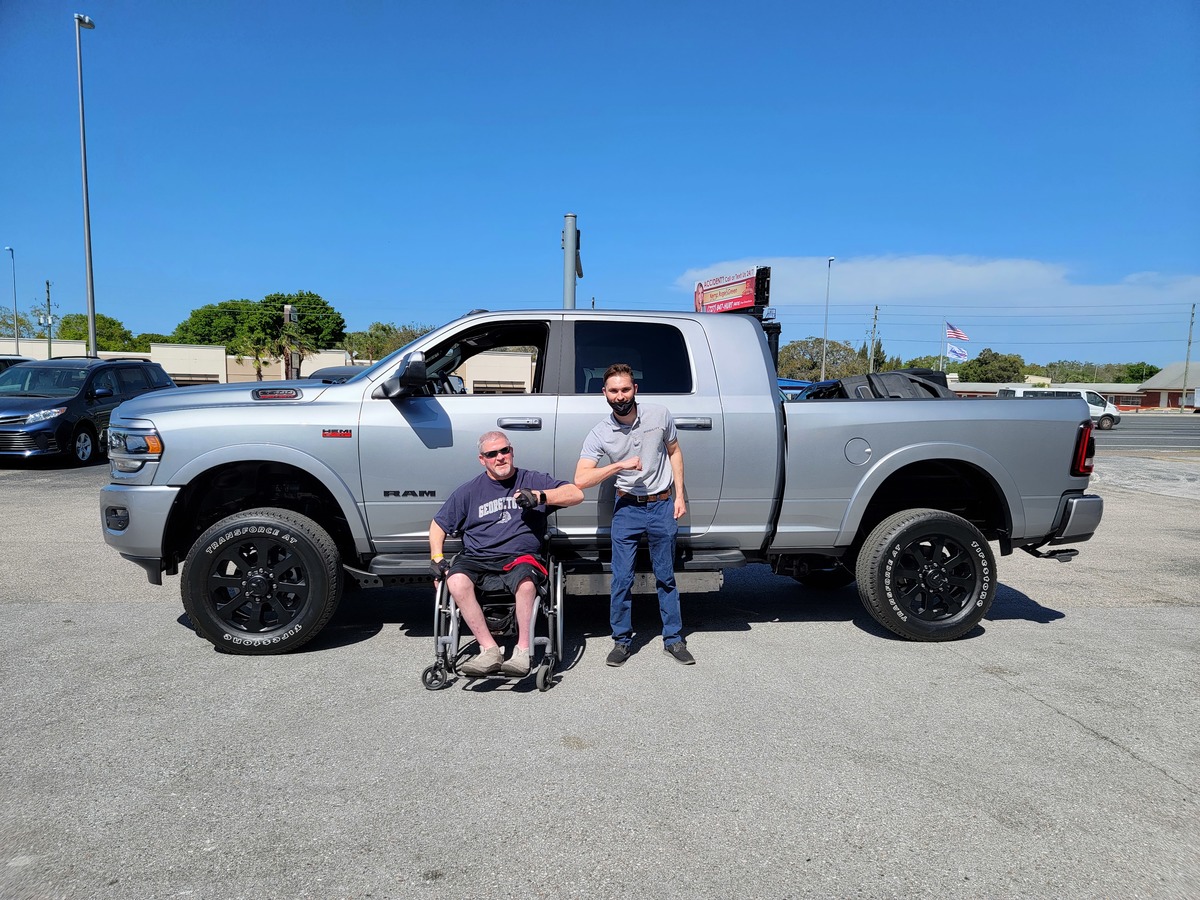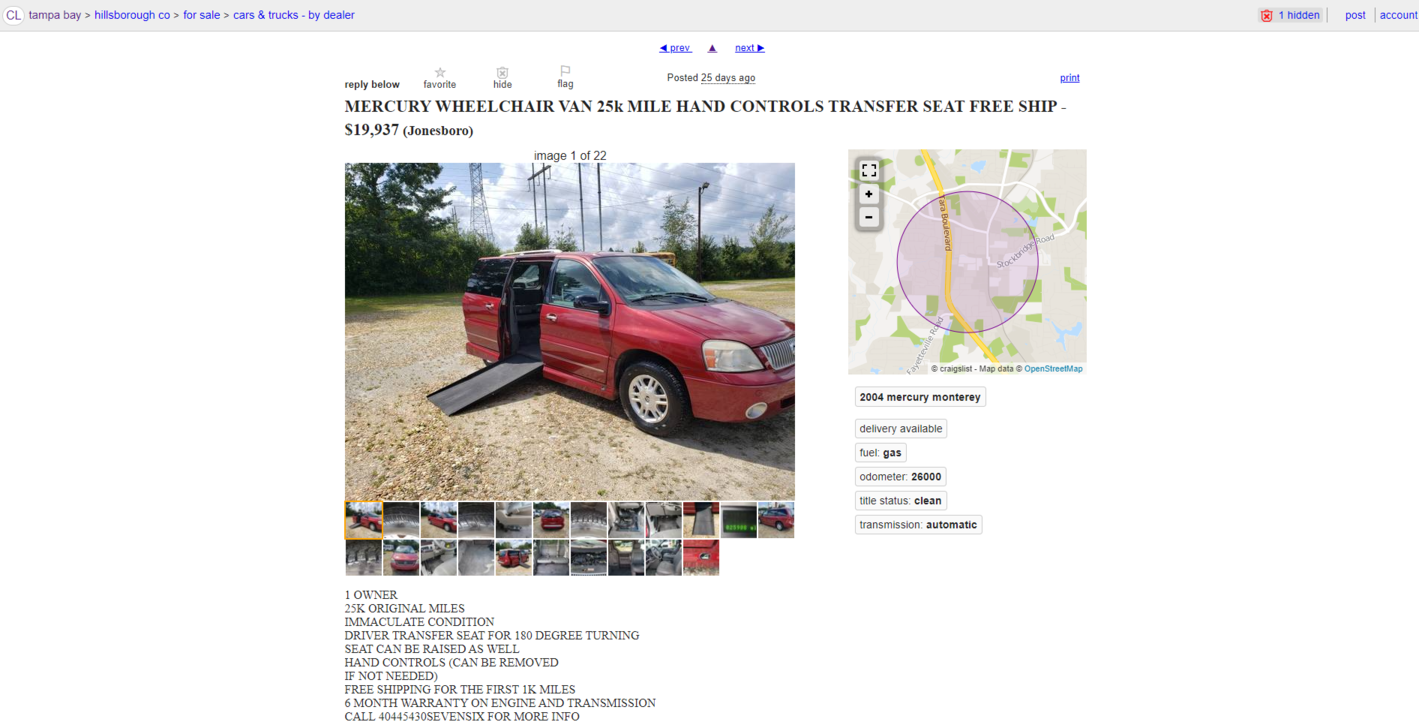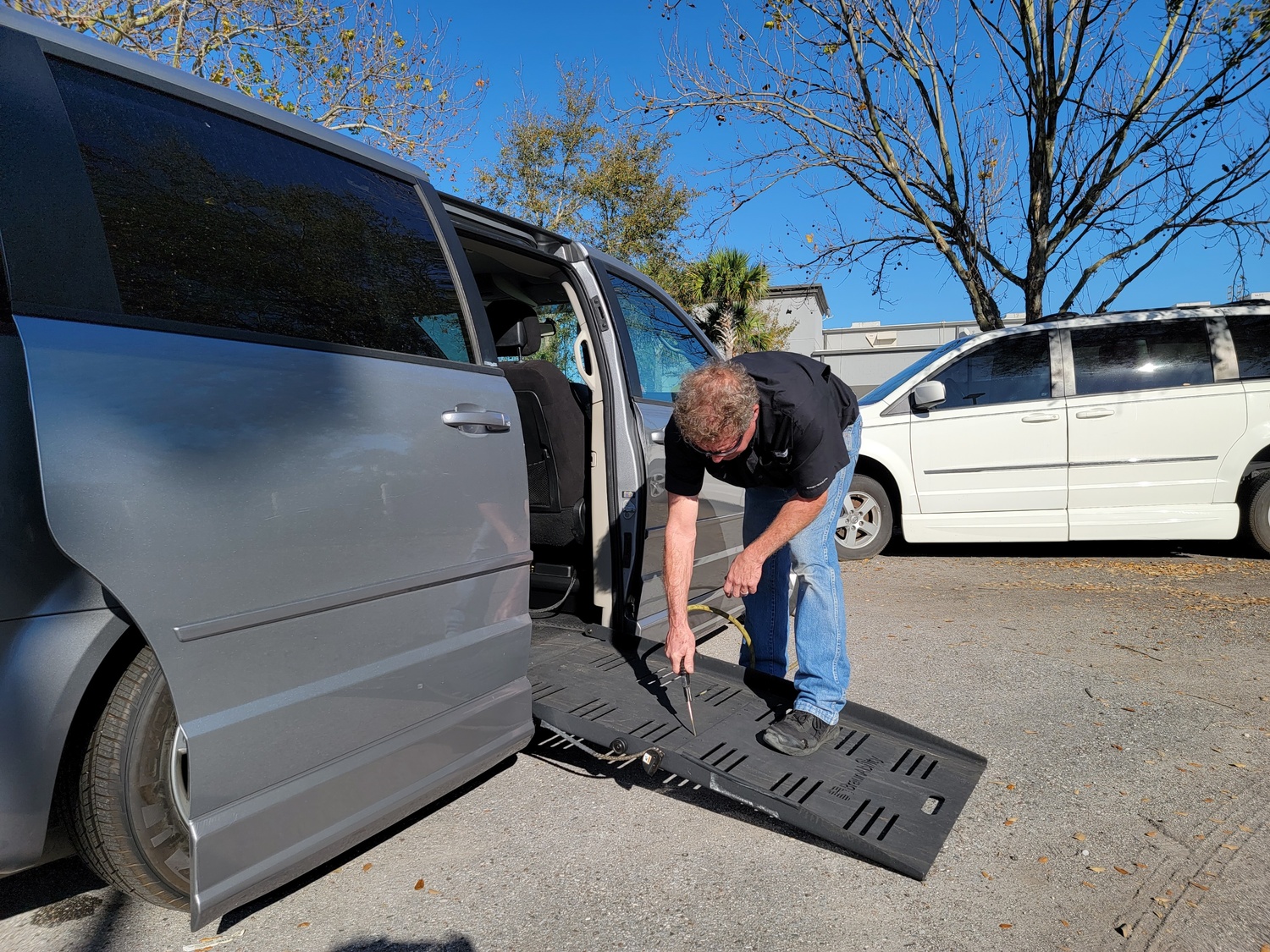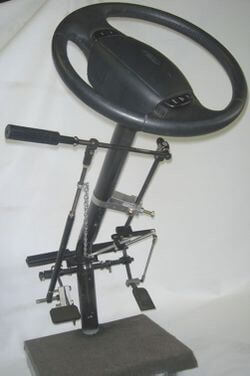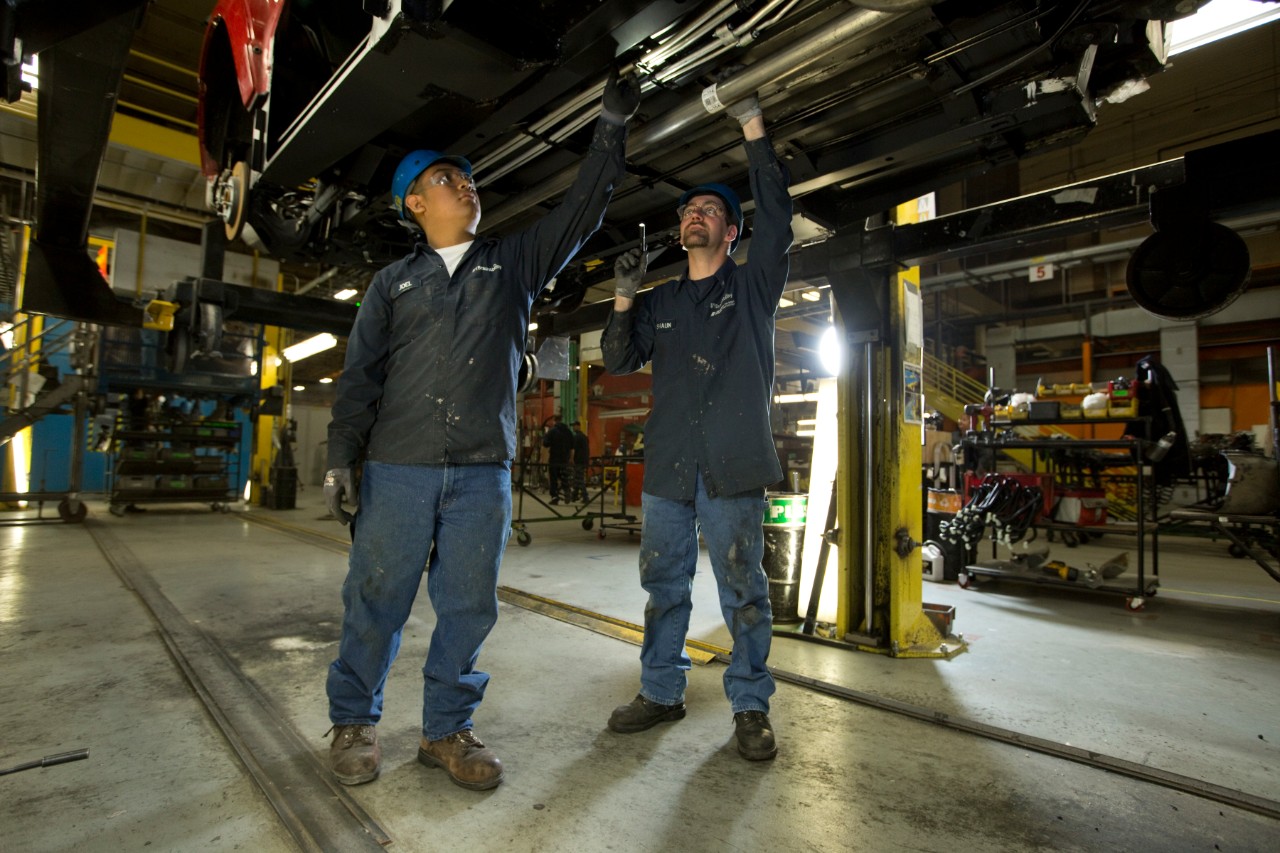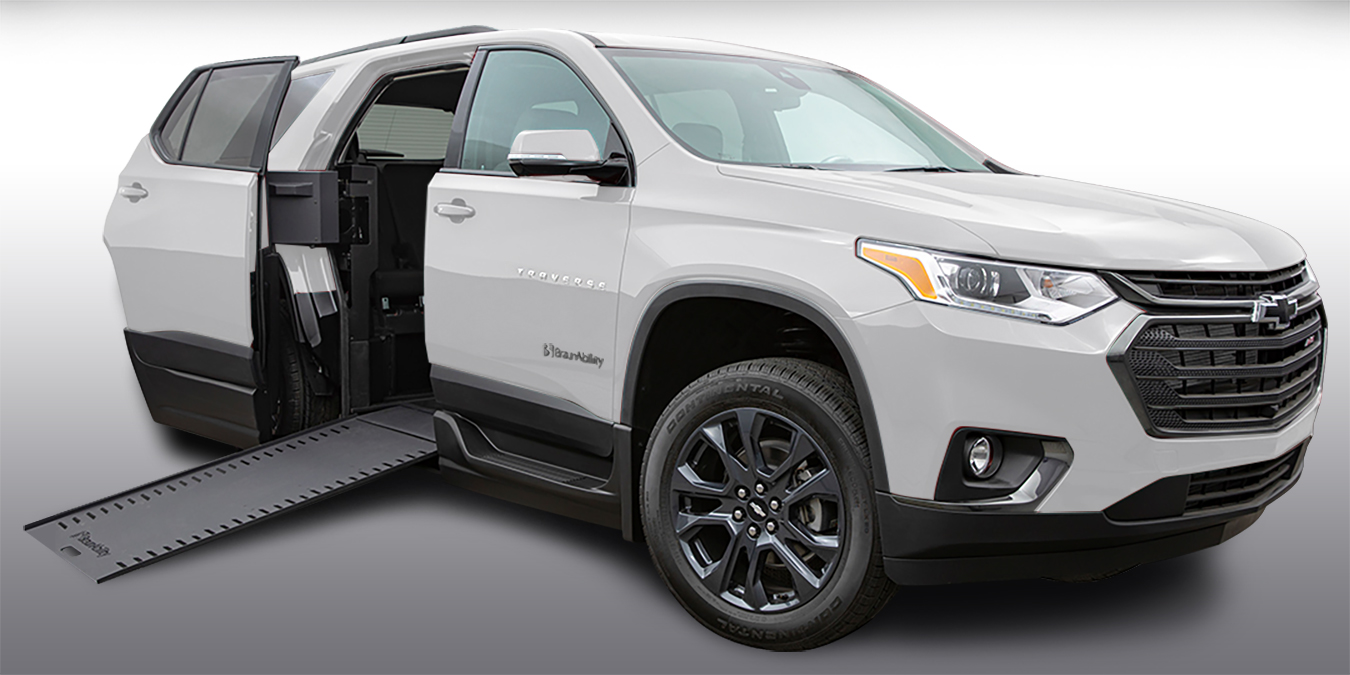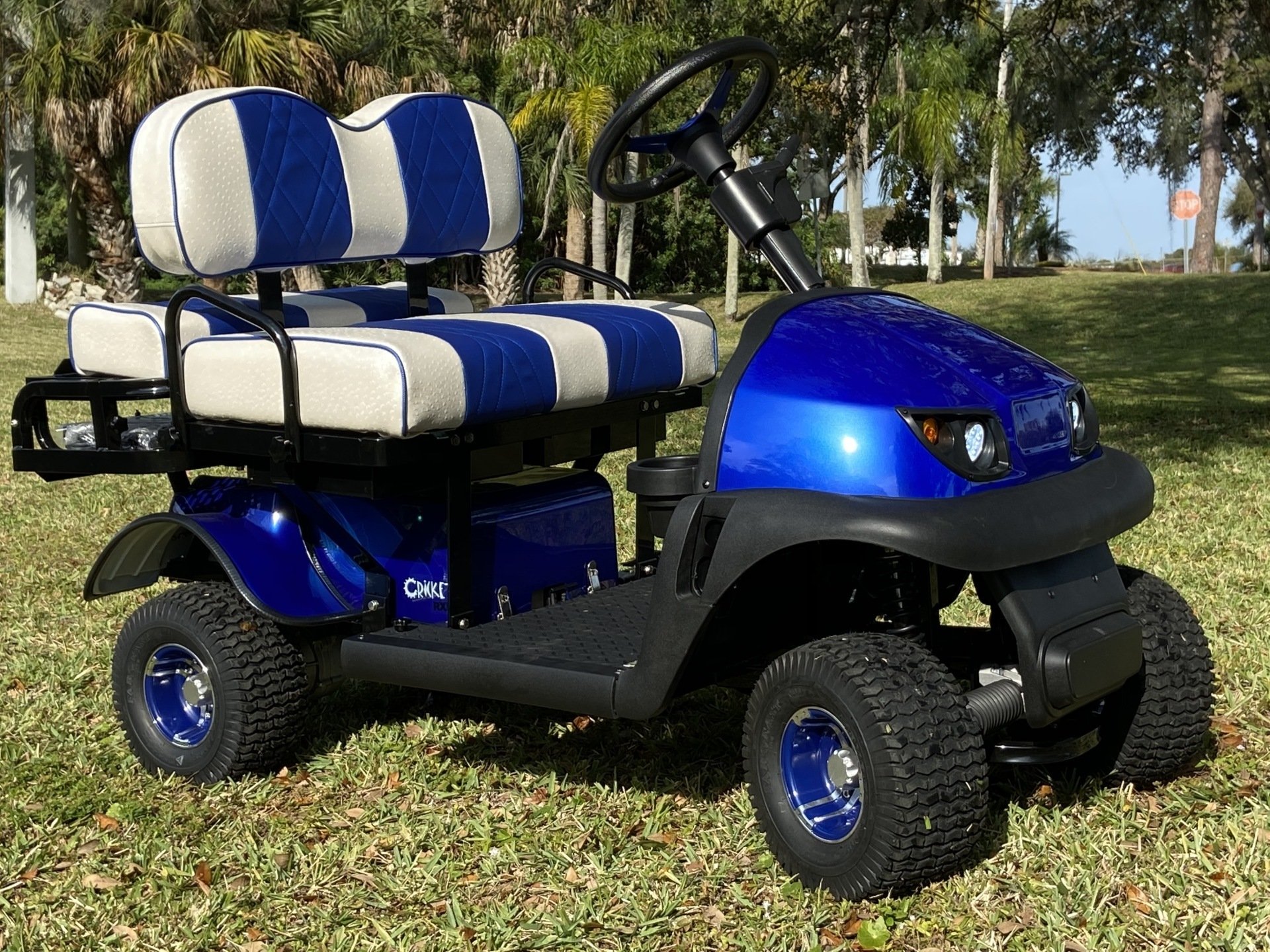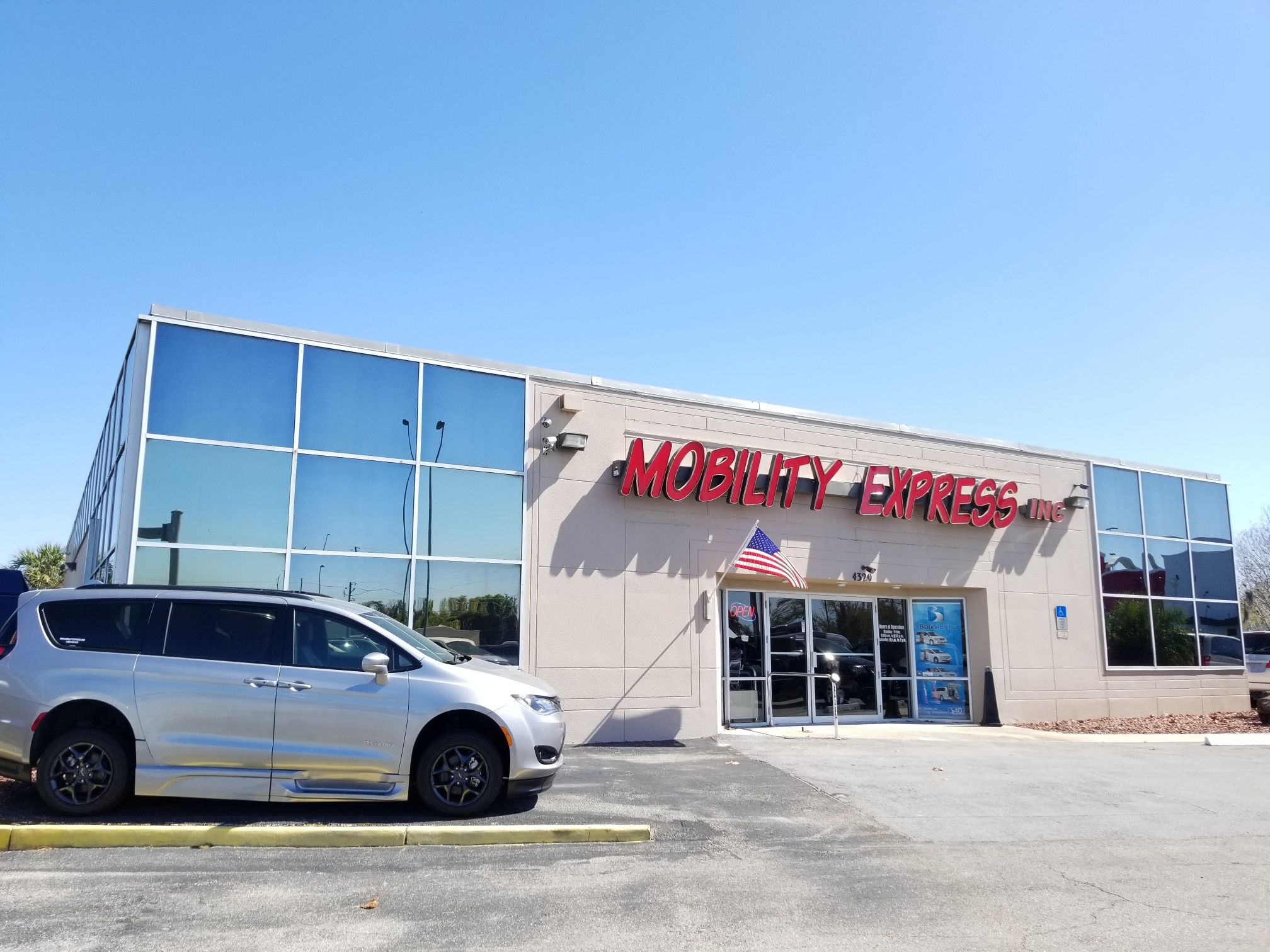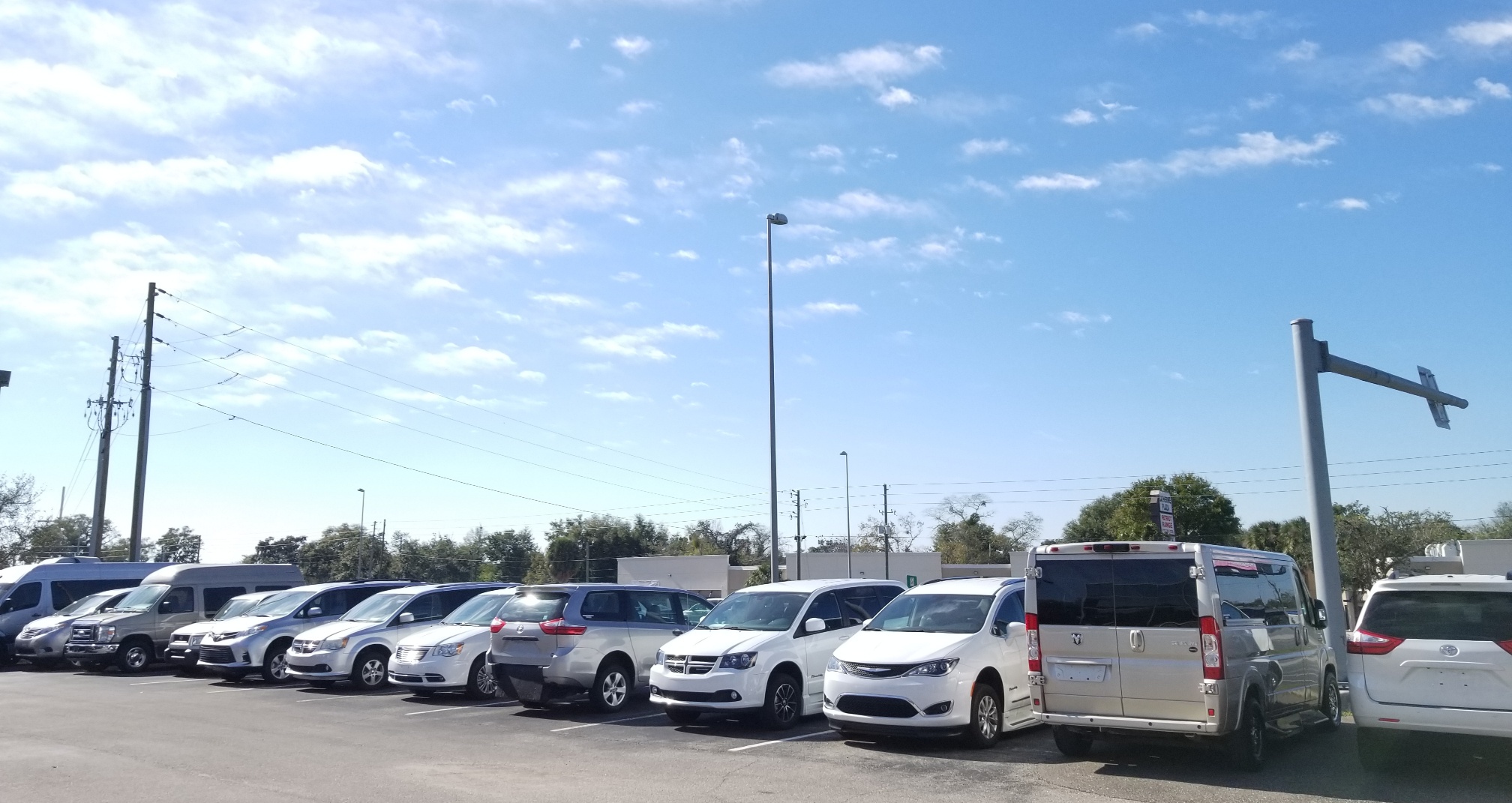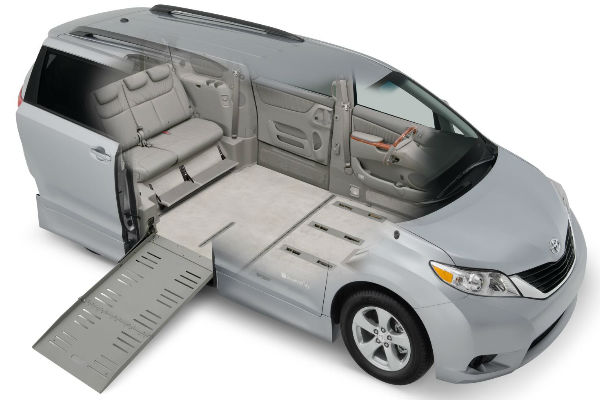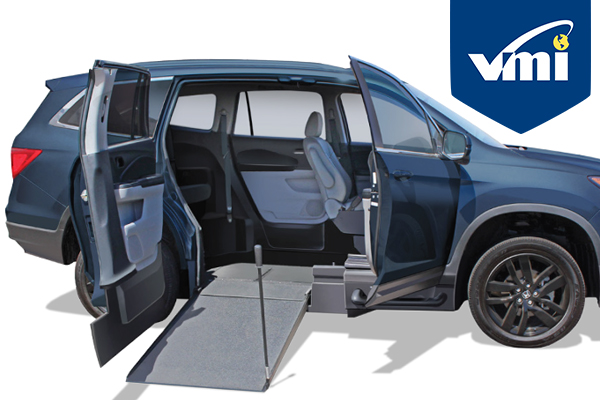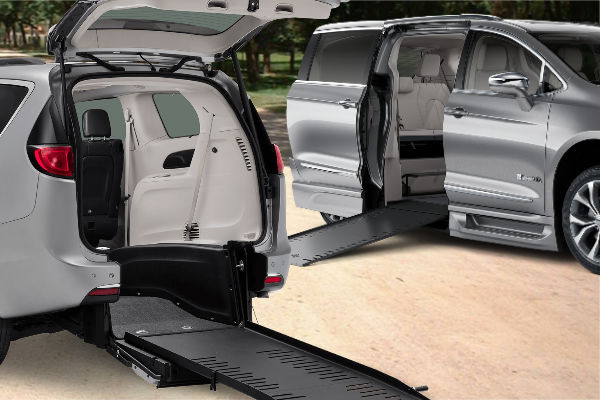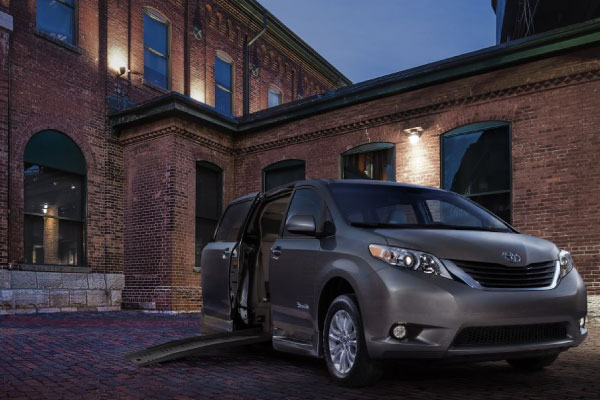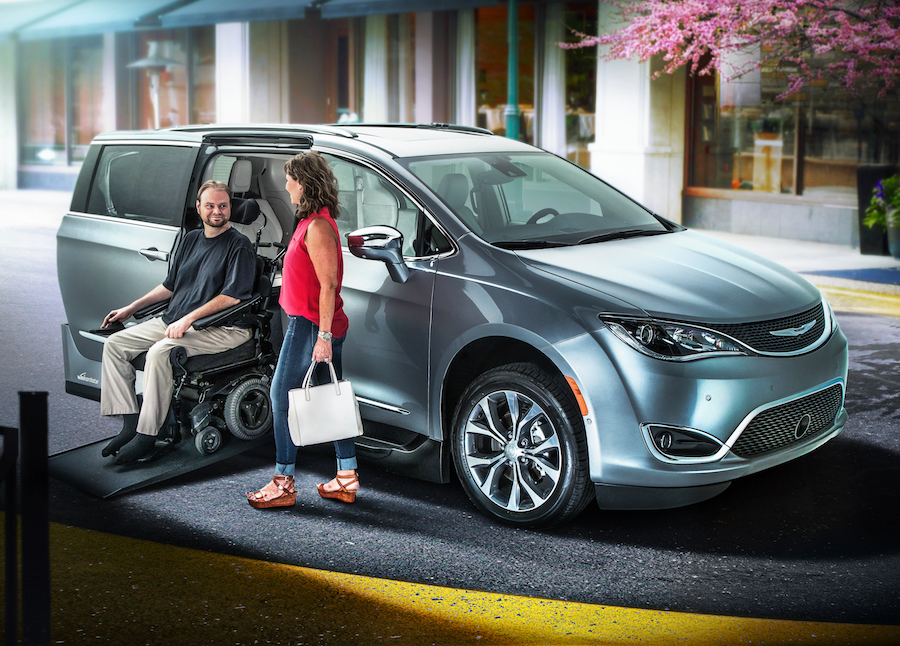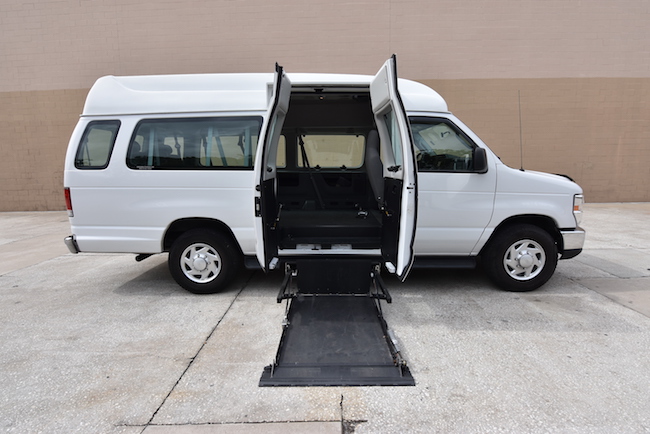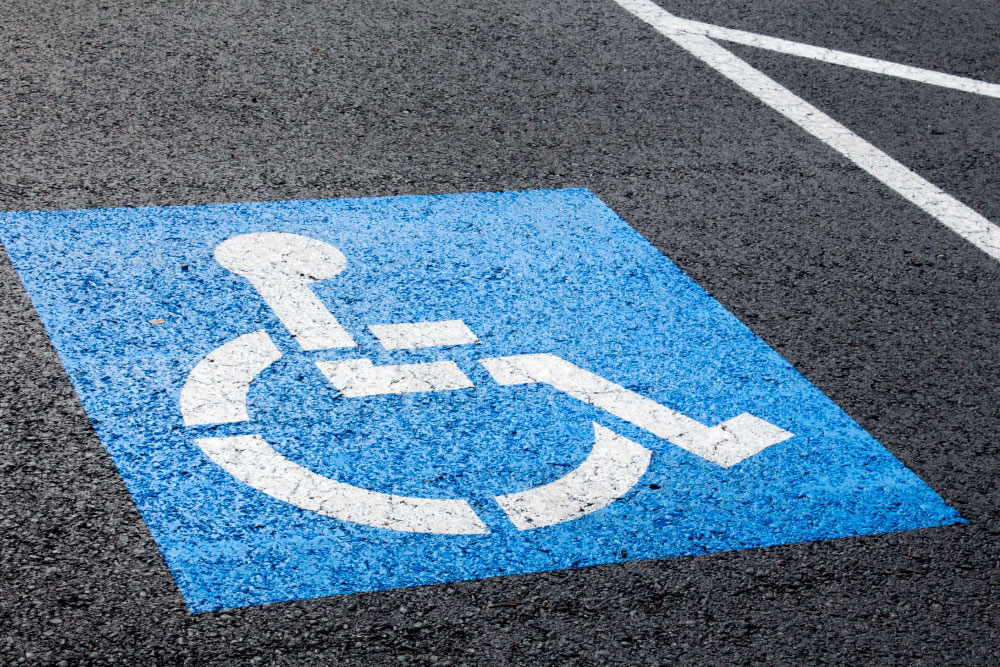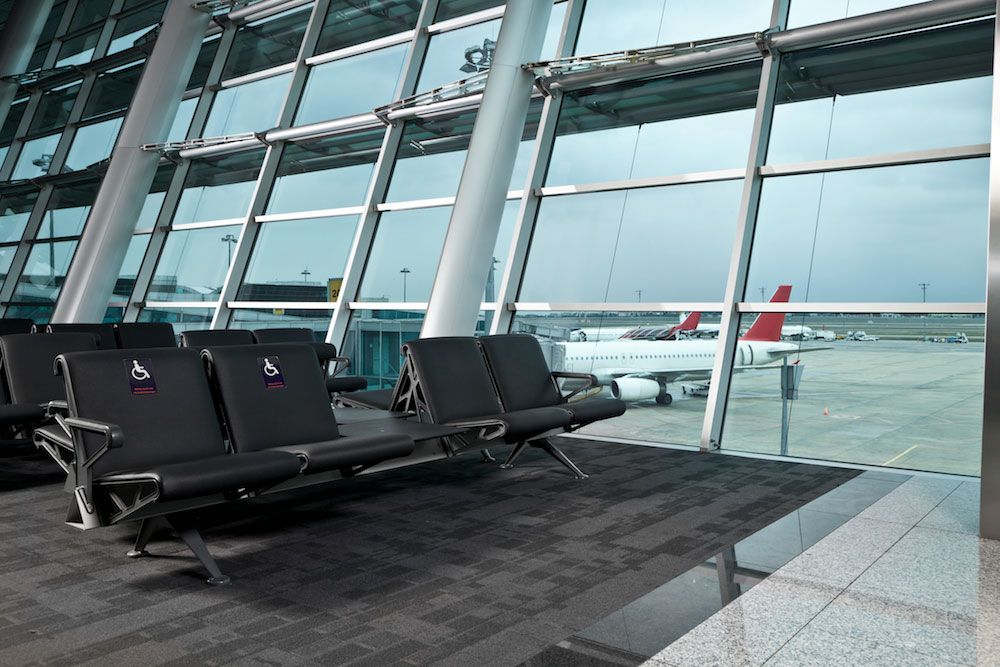PSA: Wheelchair Van Buyers Beware - Part 2, Wrecked WAVs
Welcome to Part 2 of our Buyer Beware series, where we continue to shed light on the potential pitfalls of purchasing a wheelchair van on the used market. In this installment, we take a closer look at a 2017 Toyota Sienna wheelchair van that was wrecked but ended up back on the market after some repairs.
When shopping for a vehicle, price is usually the top, or one of the top considerations. This is especially true for wheelchair accessible vehicles, as their average price often exceeds that of non-converted vehicles. Consequently, prospective buyers of wheelchair-accessible vehicles are typically budget-conscious.
Regrettably, just as in the conventional car industry, there are dishonest dealers aiming to take advantage of buyers' circumstances and budgets. However, with a bit of education on this matter, an informed shopper can steer clear of problematic vehicles and potential issues down the road.
A Troubling Trend
These unscrupulous dealers often kickstart their operations by acquiring wheelchair accessible vans with Salvage or Rebuilt titles. These titles signify that the vehicle has endured a severe accident or event that significantly impacted its condition. Such vehicles usually come with a myriad of issues, including but not limited to frame damage, flood damage, structural rust, fire damage, and more. Here's how it unfolds: After a wheelchair-accessible van is involved in a substantial accident, it undergoes inspection by an insurance appraiser and/or a body shop. If the vehicle is deemed a total loss, the insurance company buys it back as per their policy terms. Subsequently, the insurance company sends the vehicle to an insurance or salvage auction. These vehicles reaching the salvage auction have either been declared beyond repair or the cost of repairs exceeds 80% of the vehicle's value. Individuals or companies purchase these wrecked wheelchair vans at auction, either to strip them for parts or to rebuild and resell them. These damaged wheelchair vans may have sustained damage from various causes like side impacts, rear impacts, front-end collisions, rollovers, fires, floods, or other events that led to substantial damage to the mobility van.
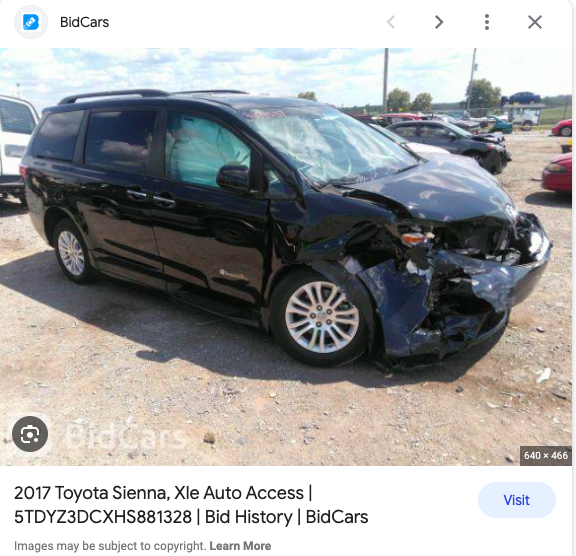
In essence, these dealers source their inventory from vehicles classified as scrap or junk (as seen in the picture above of the 2017 Toyota Sienna featured in this article). Once they possess these salvage title vehicles, they undertake minimal repairs to make the vehicles legally sellable (as shown in the pictures below of the same 2017 Toyota Sienna after refurbishment). Typically, these "repairs" amount to the bare minimum required for legal sale. Occasionally, they might perform cosmetic enhancements such as installing new rubberized flooring or giving the van a fresh coat of paint to make it more appealing to buyers. Nonetheless, even if the vehicle appears pristine from the outside, it doesn't alter the fact that it carries a Salvage or Rebuilt title. Apart from the concerns about reliability and safety associated with driving a vehicle with such a title, there's also the issue of significant depreciation. Vehicles with Salvage or Rebuilt titles do not retain their value and depreciate at a higher rate compared to vehicles with Clean Titles. While consumers might initially save

